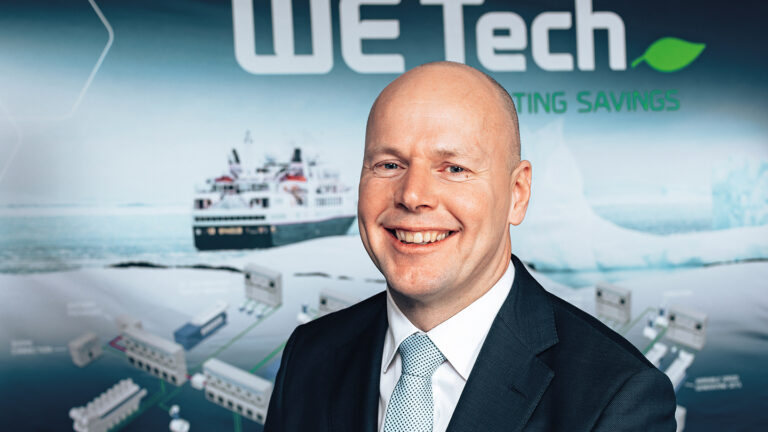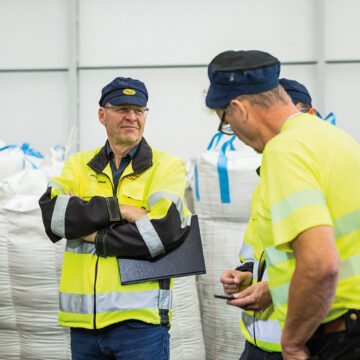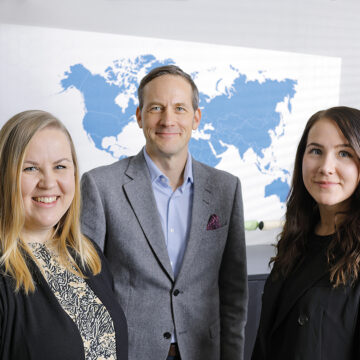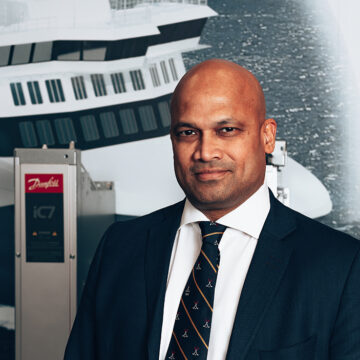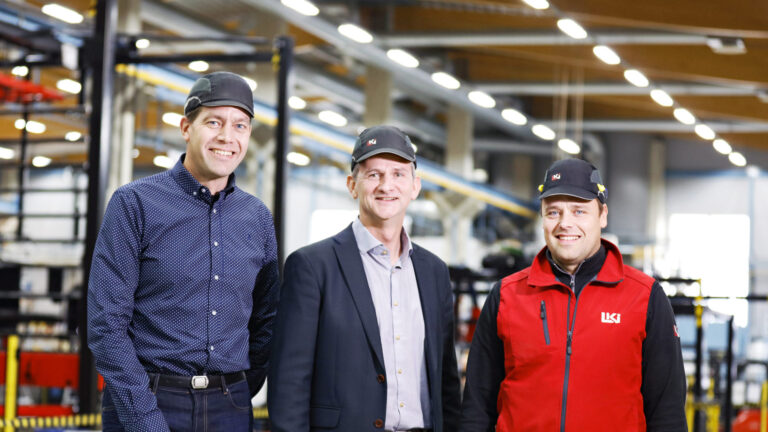
LKI promotes mutually beneficial relationships
AN INCREASING NUMBER of companies are questioning the traditional belief that a company’s primary purpose is to make profit for its shareholders. During its 40-year history, sheet metal handling company LKI has never believed this to be true and lately, this way of thinking has been crystallised within the company.
“Of course, a company cannot exist without making profit. In the long run however, a company can also not exist without meeting the needsof other groups, such as employees, customers, suppliers and the local community. A company’s success should therefore be based upon mutually beneficial relationships”, states CEO Greg Seymour.
THIS WAY OF THINKING influences all operations at LKI. When the company recently decided to certify its operations according to ISO 14001 (Environmental Management) and ISO 45001 (Occupational Health and Safety), the process was not initiatedbecause customers demanded the certificates. LKI considered the certificates important compliments to its existing ISO9001 certified Quality system and wanted to evolve into an even better working place.
“It’s important for us that all our employees should be able to work and retire healthy”, says Assembly Foreman and Health and Safety Manager Magnus Björkskog. “Even if our safety culture has been on a good level, I am pleased to see that the ISO 45001 certification has encouraged us to dig even deeper into this field. It’s about developing the right mindset and helping people understand that safety rules are not intended to complicate their work, instead to protect them.”
LKI IS CONVINCED that the biggest advantage of the certification process is that it requires the company to systematically and continuously develop all processes.
“This is not a project, rather a way of thinking that will continue. In line with ISO 14001, we challenge all our operations to evaluate how we could minimise our environmental footprint. We have also realised just how much we can do. It’s more a question of prioritising”, Quality and Environment Manager Anders Wickman says.
LKI has been partly owned by Japanese Amada Holdings since 2009. In February 2020, Amada increased its ownership to 100%.
”This creates exiting opportunities not only for our employees and the company but for the entire region”, says Seymor. ”While operations will continue as before, despite the change in ownership, it is perhaps now even more important that our processes meet global standards.”

